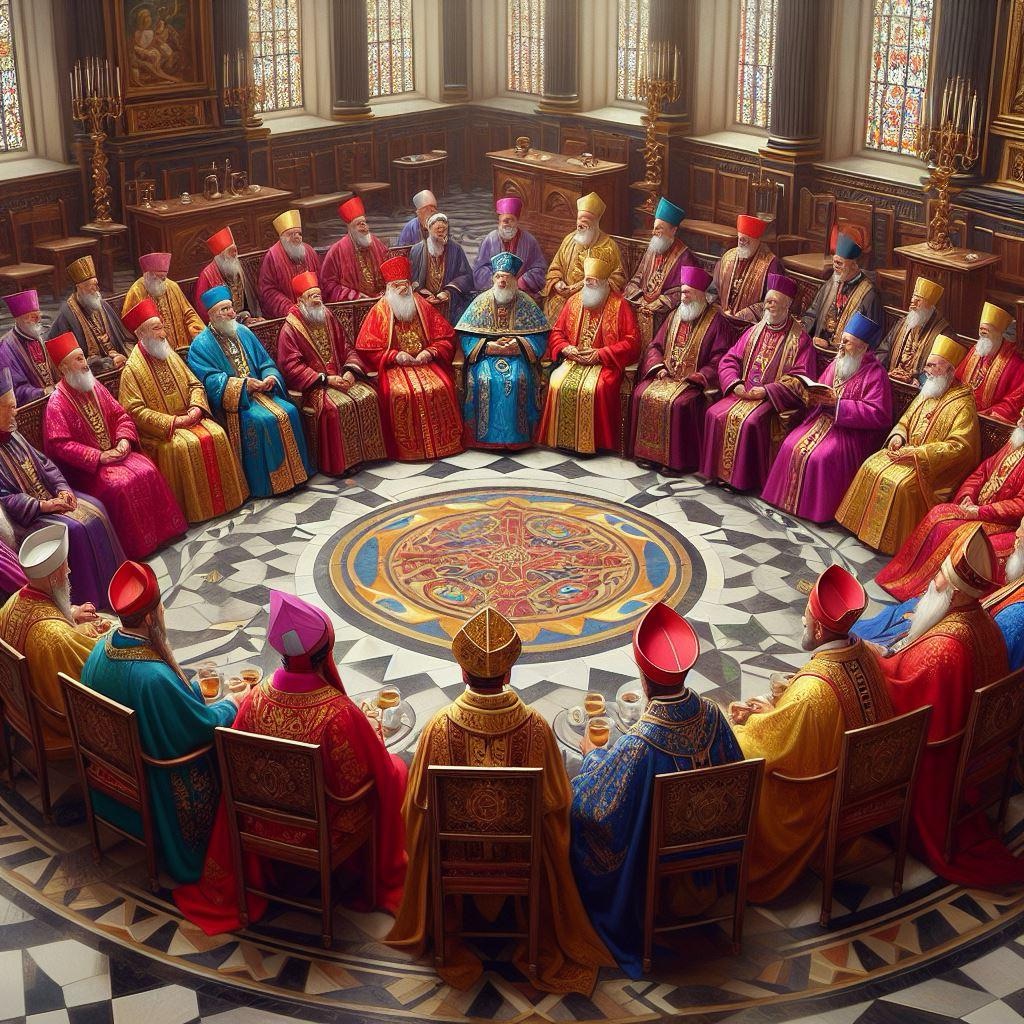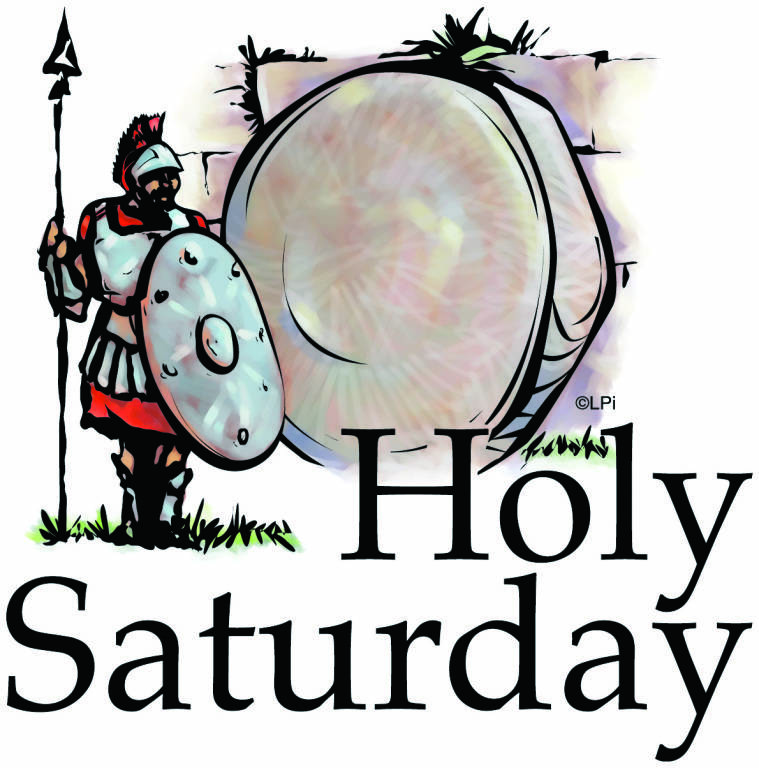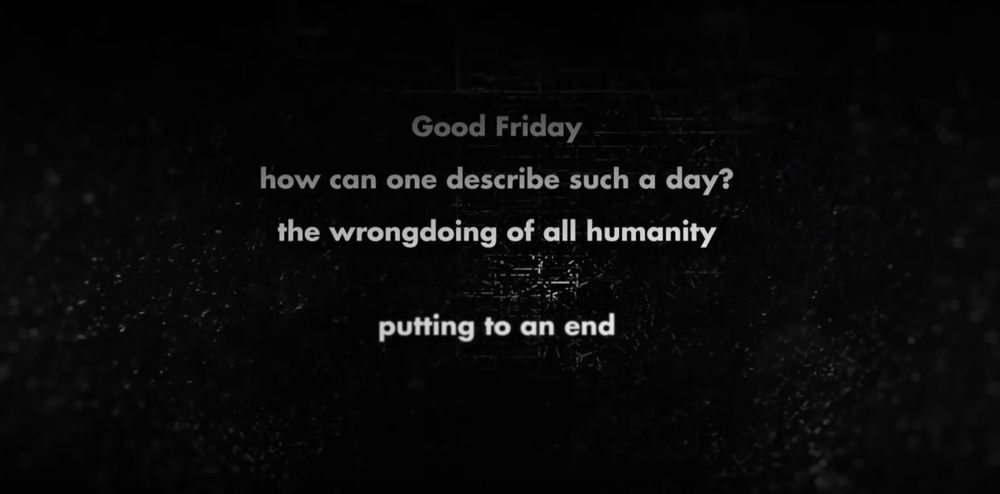The Council of Nicea: Unifying the Belief in Christ’s Divinity — In the early years of Christianity, the Church faced a significant theological dispute that threatened to divide its followers. This dispute centered around the nature of Jesus Christ and his relationship to God the Father. The controversy was primarily due to a doctrine known as Arianism, proposed by Arius of Alexandria, which claimed that Christ was not divine but a created being. This belief challenged the foundational Christian tenet of Christ’s divinity and equality with God.
The Council of Nicea: Unifying the Belief in Christ’s Divinity

To address this growing theological crisis, Emperor Constantine I convened the First Council of Nicaea in 325 AD in the ancient city of Nicaea (now İznik, Turkey). This council marked the first ecumenical gathering of the Christian church, aiming to establish a unified doctrine and resolve the Arian controversy.
The Significance of the Council
The Council of Nicea was a watershed moment in Christian history. It was the first time church leaders from across the empire came together to agree on a doctrine that would define the faith for generations to come. The council’s primary objective was to refute Arianism and affirm the equality of the Son with the Father. This was achieved by incorporating the term homoousios—meaning “of one substance” — into the creed, signifying the absolute equality of the Son with the Father¹.
The Outcomes of the Council
The council condemned Arius and his teachings, leading to his exile. The Nicene Creed, which emerged from the council, became a central element of Christian liturgy and is still recited in many churches today. It clearly stated that Jesus Christ is “begotten, not made, being of one substance with the Father.”
The Nicene Creed is a statement of Christian faith that is widely used in liturgical services. Here is the text of the Nicene Creed:
We believe in one God, the Father, the Almighty, maker of heaven and earth, of all that is, seen and unseen.
We believe in one Lord, Jesus Christ, the only Son of God, eternally begotten of the Father, God from God, Light from Light, true God from true God, begotten, not made, of one Being with the Father; through him all things were made. For us and for our salvation he came down from heaven, was incarnate from the Holy Spirit and the Virgin Mary and was made man. For our sake he was crucified under Pontius Pilate; he suffered death and was buried. On the third day he rose again in accordance with the Scriptures; he ascended into heaven and is seated at the right hand of the Father. He will come again in glory to judge the living and the dead, and his kingdom will have no end.
We believe in the Holy Spirit, the Lord, the giver of life, who proceeds from the Father and the Son, who with the Father and the Son is worshipped and glorified, who has spoken through the prophets. We believe in one holy catholic and apostolic Church. We acknowledge one baptism for the forgiveness of sins. We look for the resurrection of the dead, and the life of the world to come. Amen.
Additionally, the council addressed various administrative issues within the church, such as the proper method of consecrating bishops and the primacy of certain sees. While it attempted to establish a uniform date for Easter, this goal was not achieved¹.
The Legacy of the Council
The decisions made at the Council of Nicea had a profound impact on the development of Christian doctrine. They not only resolved the immediate controversy but also set a precedent for how the church would handle theological disputes in the future. The council’s affirmation of Christ’s divinity became a cornerstone of Christian belief, shaping the faith’s understanding of the Holy Trinity.
The Council of Nicea stands as a testament to the church’s commitment to doctrinal unity and the importance of ecumenical dialogue. Its legacy continues to influence Christian theology and practice, reminding us of the enduring power of faith and the importance of consensus in matters of belief.
The Council of Nicea’s story is a fascinating chapter in the history of Christianity, reflecting the church’s struggle for theological clarity and unity. As we look back on this pivotal event, we are reminded of the enduring significance of its outcomes and the creed that continues to resonate with believers worldwide.
Sources:
- First Council of Nicaea | Description, History … – Britannica
- First Council of Nicaea | Description, History … – Britannica
- What Was the Council of Nicaea? – OverviewBible
- What was the significance of the Council of Nicaea? | Britannica
- Council of Nicaea concludes – HISTORY
- en.wikipedia.org
Check out Courageous Christian Father’s Wish list on Amazon where you can purchase and this items sent directly to him and they will be used for the ministry.
Subscribe To Courageous Christian Father!
Don’t miss any blog posts! Subscribe today! You can subscribe via WordPress or by entering your email! Thank you!
Follow Courageous Christian Father on WordPress.comFollow Courageous Christian Father on Social Media
Recent Posts:
Below are some examples of blog entries from all the blogs that I do. (Courageous Christian Father, Steve Sews Stuff, SteveZ DuckZ, and SteveZ DesignZ).
Thank You For Reading Courageous Christian Father!
Thank you for reading. Please feel free to share and like this blog post.
Clipart: Unsplash, Pixabay, Pexels, Openverse, Adobe Express, Adobe Stock, FreePik, MetroCreative, and more. This site uses Amazon Affiliate Ads & Google Ads.
About the Author
Discover more from Courageous Christian Father
Subscribe to get the latest posts sent to your email.


